Meta CEO Mark Zuckerberg (Photo: Reuters).
This statement not only reflects Meta's vision for the development of AI, but also shows the profound changes that this technology is bringing to the entire technology industry, especially leading technology companies (Big Tech).
Zuckerberg stressed that for today's entrepreneurs, leveraging powerful tools like AI is an advantage he didn't have when he founded Facebook two decades ago.
He believes AI will help current founders achieve more with leaner teams, allowing them to focus on core ideas and create higher quality products globally.
Commenting on the specific impact of AI, Zuckerberg shared on the Joe Rogan Experience podcast in January that it is likely that by this year, Meta and other companies researching this field will have AI systems that are equivalent in performance to a mid-level engineer, capable of writing code efficiently.
However, applying AI in engineering also comes with challenges. Harry Law, an AI researcher at the University of Cambridge, warns of the “double-edged sword” of AI’s ease of use.
While it can help beginners progress quickly, it risks hindering them from mastering system architecture and performance.
He also noted that overusing AI in coding can be difficult to scale and debug, and can potentially expose security vulnerabilities without rigorous code review processes.
Despite these concerns, technology companies are still actively exploring and applying AI to improve operational efficiency.
In an interview with CNBC in March, Y Combinator CEO Garry Tan said the “coding vibe” will help startups become leaner, allowing small teams of engineers to complete work that previously required much larger teams.
The term "vibe coding" was introduced by Andrej Karpathy, co-founder of OpenAI, to describe a software development approach based on intuitive and rapid interaction with AI models.
Shopify CEO Tobi Lütke even requires managers to prove that AI can't do the job better before recommending new hires. Anthropic co-founder and CEO Dario Amodei predicts that AI could "basically write all the code" within the next 12 months.
Google is also seeing a tangible impact of AI in software development. The company’s CEO, Sundar Pichai, revealed that more than 25% of new code at the company is generated by AI and then reviewed by engineers, significantly increasing productivity and efficiency.
OpenAI CEO Sam Altman also expects significant changes in software engineering by the end of this year.
The trend of using AI to assist, accelerate or even replace the work of employees at large tech companies fits with the growing focus on operational efficiency in recent years.
Meta's declaration of a "Year of Efficiency" in 2023, coupled with a wave of layoffs across many companies in the industry, underscores this shift. Companies are focusing on optimizing organizational structures and eliminating the lowest performers.
Mark Zuckerberg's comments about the potential for AI to replace engineers at Meta are just part of a larger picture of the changes taking place in the tech industry.
AI not only promises to improve productivity and efficiency, but also poses new challenges to the workforce and traditional working methods. The active application and research of AI by large technology companies shows a future where the role of humans in the software development process will increasingly change.
Source: https://dantri.com.vn/cong-nghe/ai-dang-thay-the-cac-ky-su-tai-nhieu-ky-lan-cong-nghe-cua-the-gioi-20250512162124372.htm


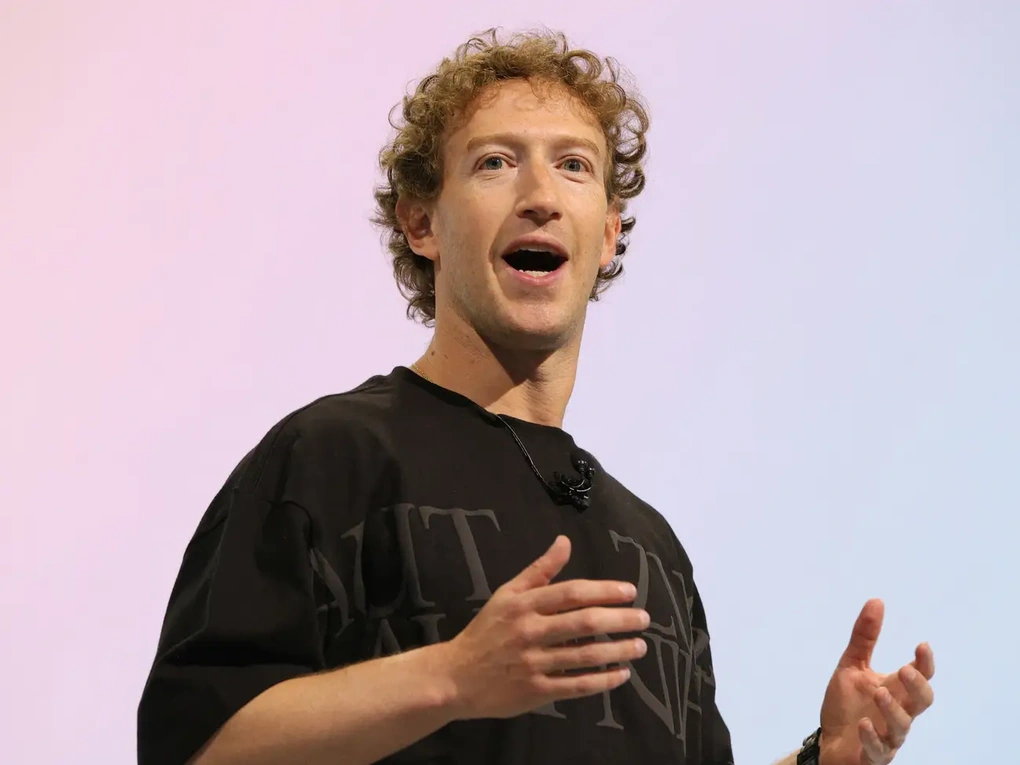

![[Photo] Cat Ba - Green island paradise](/_next/image?url=https%3A%2F%2Fvphoto.vietnam.vn%2Fthumb%2F1200x675%2Fvietnam%2Fresource%2FIMAGE%2F2025%2F12%2F04%2F1764821844074_ndo_br_1-dcbthienduongxanh638-jpg.webp&w=3840&q=75)






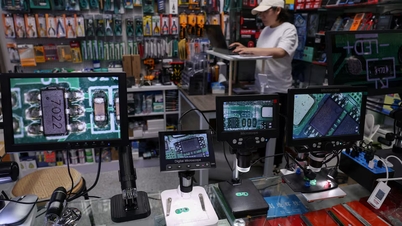





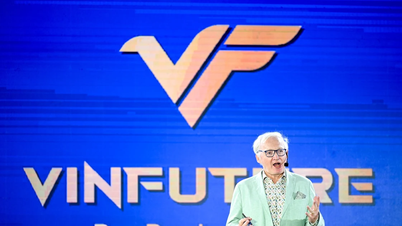

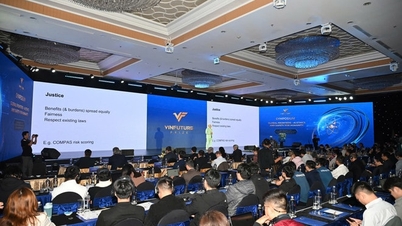
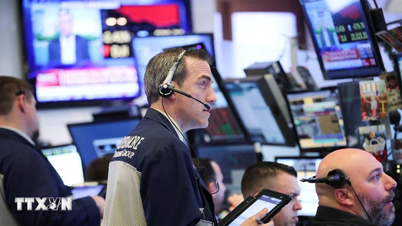


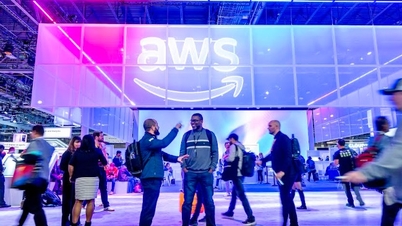



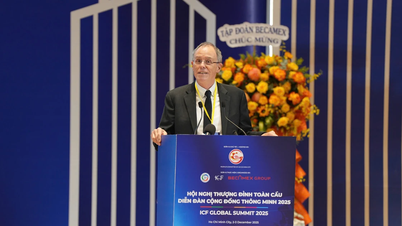
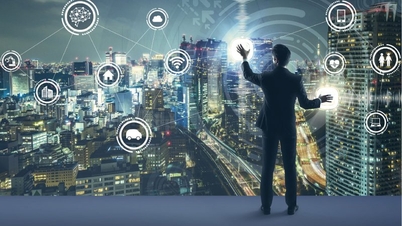


















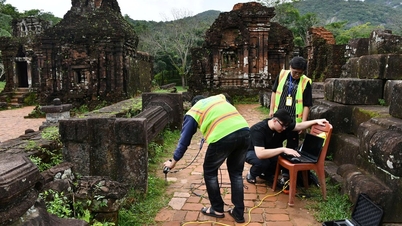












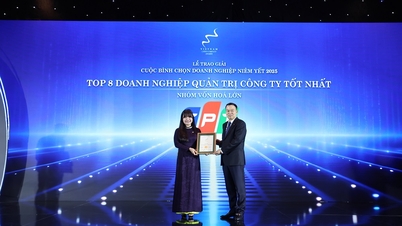



![[VIMC 40 days of lightning speed] Da Nang Port: Unity - Lightning speed - Breakthrough to the finish line](https://vphoto.vietnam.vn/thumb/402x226/vietnam/resource/IMAGE/2025/12/04/1764833540882_cdn_4-12-25.jpeg)
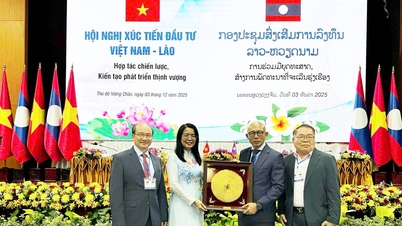















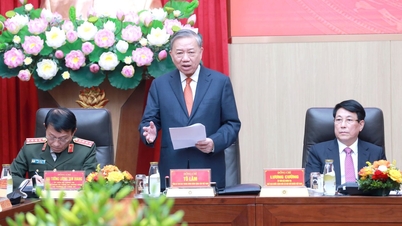

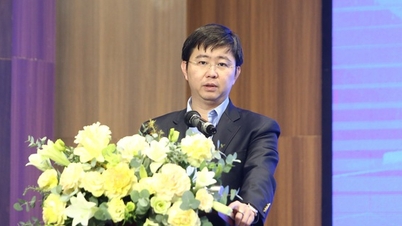






























Comment (0)